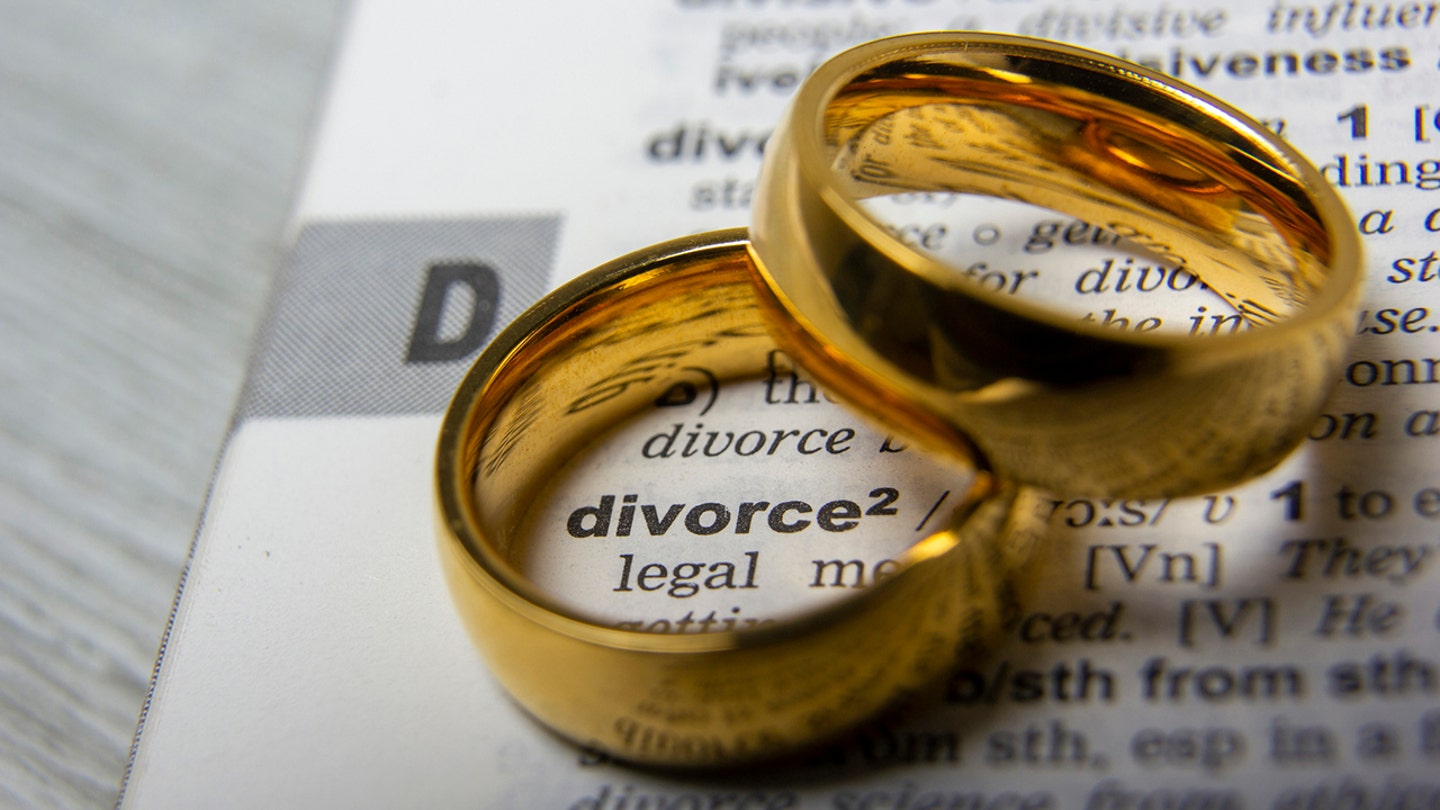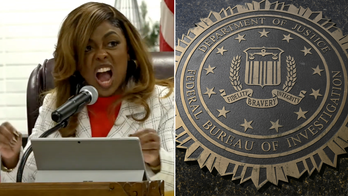Political divisions are increasingly taking a toll on marriages and families, as spouses find themselves clashing over ideological differences. Family law attorneys are reporting a surge in divorces and custody battles stemming from political discord, with issues such as abortion, drugs, and education exacerbating conflicts.
In the tumultuous landscape of American politics, the expression "a house divided against itself cannot stand" has taken on a chilling resonance in the realm of family law. The acrimonious divide between political ideologies is seeping into the very fabric of relationships, driving a wedge between spouses and creating insurmountable barriers in co-parenting.

Political Polarization: A Growing Threat to Marriages and Families
Family law attorneys across the nation are witnessing an alarming trend: a spike in divorces and custody disputes rooted in political discord. As partisan politics become increasingly interwoven with societal values, polarizing issues such as abortion, drug legalization, and education are tearing families apart.
"Political ideologies are becoming more entrenched, making it difficult for couples to find common ground," observes Yonatan Levoritz, a Washington, D.C.-based family attorney. "They're digging themselves into holes in litigation, unwilling to compromise."

Political Polarization: A Growing Threat to Marriages and Families
This gridlock stems from a stubborn refusal to negotiate or accept the other party's perspective. Accusations of poor decision-making and a lack of judgment further fuel the conflict, leading to a breakdown in communication and cooperation.
Attorney Cheryl New of Bethesda, Maryland, has seen an unprecedented number of divorces related to ideological differences. "It's no longer just about who you want for president," she says. "It branches into other areas of how you have to relate to your spouse."

Political Polarization: A Growing Threat to Marriages and Families
Consider the case of a conservative father and a liberal mother at odds over whether to allow their transgender child to openly express their gender identity. Or a conservative mother and a liberal father grappling with the prospect of their sixteen-year-old daughter terminating an unplanned pregnancy.
"Hot-button issues like abortion are causing a lot of divorces," says Levoritz. He cites a case involving a man who sought to divorce his wife after she had two abortions without his knowledge.

Political Polarization: A Growing Threat to Marriages and Families
Marijuana legalization has also become a contentious issue in co-parenting. "One parent may want to introduce their children to marijuana, while the other believes it's a gateway drug," explains Levoritz.
Differing opinions on education can also lead to irreconcilable differences. One parent may prefer private school, while the other favors public education. When it comes to dating, one parent may impose stricter rules, while the other opts for a more relaxed approach.

Political Polarization: A Growing Threat to Marriages and Families
Attorney Jessica Markham also points to COVID-19 as a factor in the rise of political divisions within families. Disagreements over vaccination and masking have further escalated tensions.
In some cases, political ideologies have been used to argue that one parent is unfit for custody. Parents may allege that the other parent holds extreme views or shares conspiracy theories online.
Levoritz emphasizes the importance of prioritizing the child's well-being amid custody battles. "The child is a human being, not a possession," he says. "Both parents must come to terms with this and allow the child to exist outside the conflict."
He advises parents to set ground rules that allow each parent to make important decisions based on their own values, while respecting the decisions of the other.
The consequences of political polarization within families are far-reaching. Children of divorced parents may experience emotional distress and confusion. They may feel pressured to choose sides or withhold their opinions to avoid conflict.
The impact extends beyond the family unit. Political divisions are eroding social cohesion and creating a climate of hostility. The inability to engage in respectful dialogue and find common ground threatens the very fabric of society.
As the political landscape continues to shift, it remains to be seen whether the trend of politically driven divorces will abate. However, it is clear that the consequences of political polarization are far-reaching and must be addressed with both empathy and a commitment to finding common ground. Only then can we hope to heal the divisions that threaten to tear our families and society apart.










